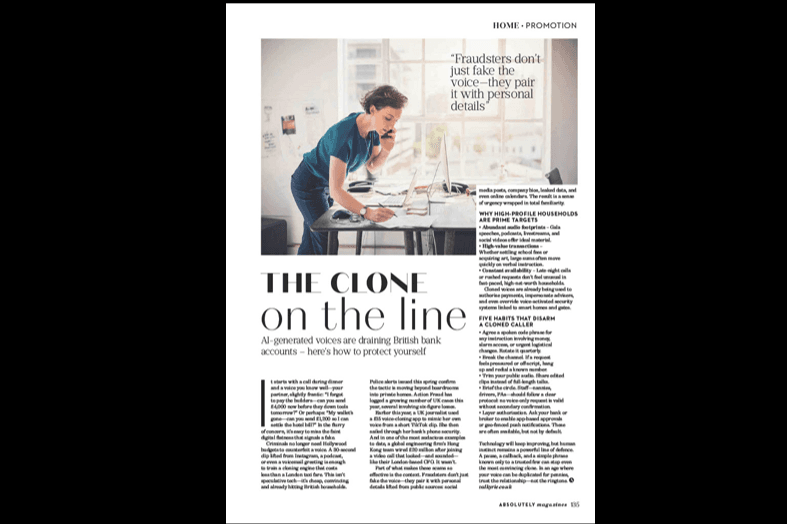Catfishing is when someone creates fake profiles on social media sites to trick people into thinking they are somebody else. It is most common on social media and dating apps like Tinder. They make up life stories and use photographs of unsuspecting victims to create fake identities.
Facebook estimates that 16% of its profiles are fake, while one-fifth of people polled by BetMinded in a 2021 UK survey said they had been catfished, rising to 38% of 25-34 year olds. Experts believe this is just the tip of the iceberg, though, as only 5-10% of victims report being scammed. The increasing popularity of dating apps means there is a massive pool of potential victims for scammers now, and during lockdown many more people went online to connect.
The Catfish term was first used in the 2010 documentary-film, ‘Catfish’ – in which a man discovered the woman he fell in love with online was a middle-aged, married mum. After first gaining prominence in the 2010 movie and subsequent MTV reality series of the same name, catfishing is now a digital-age epidemic.
There are two types of victims – people who are duped into trusting someone with a false identity, and those who have their personal photos stolen and used by someone that isn’t them.
The fake accounts are often used to spark up online relationships. Unknowing victims will fall in love with women/men they meet online – with no idea the person behind the screen is someone completely different. Catfishers use the accounts to give off a persona they wish they had – with plenty of friends, photos and attractive qualities. In essence, Catfishing is long-term grooming and about convincing someone to do something against their wishes and best interests.
Currently internet catfishing is not a specific criminal offence in the UK although there are indications that it might become a criminal offence in the future.
Catfishers can be individuals or networks of criminals linked to organised crime, who use their victims to launder money. They share scripts and tips and there is even evidence that they hold conferences to discuss best practice. Often, several Catfishers will work on the same victim.
Earlier this year, Netflix’s ‘The Tinder Swindler’ documented one of the world’s most extreme Catfish cases. We previously posted about the Tinder swindler case in Feb this year and the concerns of Romance fraud.
How do I know if I’m being catfished. Potential victims always have similar concerns. These include:
Why does the individual refuse to video chat
Why is the individual never able to meet in person
Why does the individual seem just too good to be true
If you are in an online relationship and think any of the above apply – you could be getting catfished.
If you ever need any advice, please contact Valkyrie at E: security@valkyrie.com T: +44 (0) 2074 999 323













